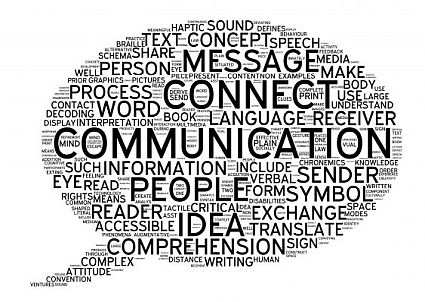Not long ago, I wrote about Coaching Is A Language. Since writing it, I’ve had a lot of interesting conversations–and workshops on the language of coaching. Fortunately, it’s very different than my college language classes in conjugating verbs, learning gender categories for nouns, and endless drills repeating the same phrase over and over until I had the pronunciation correct.
We’ve always treated coaching as a discreet event and not a method of communicating. Coaching is something, if we do it, that is a meeting or activity with one of our people where we “coach” them. Too often, it doesn’t happen–data shows sales managers spending less than an hour a week on any coaching. When it’s done, it’s done poorly.
When we think of coaching as a language, it becomes how we communicate with each other. Not just how managers communicate with each person they are responsible, but how we communicate to groups, with peers, how we communicate with customers.
The language of coaching focuses on learning versus telling. It’s collaborative, where we engage in shared discovery, deeper understanding, and growth for all participants. It’s the exchange of ideas, points of view, experimenting with new concepts.
Imagine if we conducted every conversation in the language of coaching.
Managers and their people, in every discussion, would focus on deeper understanding, thinking about different approaches, evaluating different strategies, agreeing on next steps. And these conversations would not be moments in time, but part of every discussion, focusing on listening, learning, discovering how we improve and perform at higher levels.
Or working with a group, the conversation would be less a lecture, but more a conversation with the group. It would be an exchange of ideas, learning from each person, and each person teaching the other.
Peer discussions would be sharing of experience, open discussions of differing approaches. Each becomes both a mentor and mentee, with each person growing as a result of the conversations.
And we would speak the language of coaching in every conversation with our customers. Like every other conversation in this language, if would focus on deep listening, shared learning, collaborative discovery, personal and collective growth. We would focus on discovering how we reach our shared goals.
The language of coaching is really about engagement, caring, curiosity, learning, and growth for every participant in the conversation.
Imagine what this might mean if every conversation, both internally and externally were conducted in the language of coaching.
Afterword: Stay tuned, I’m considering a Duolingo app 😉

Leave a Reply